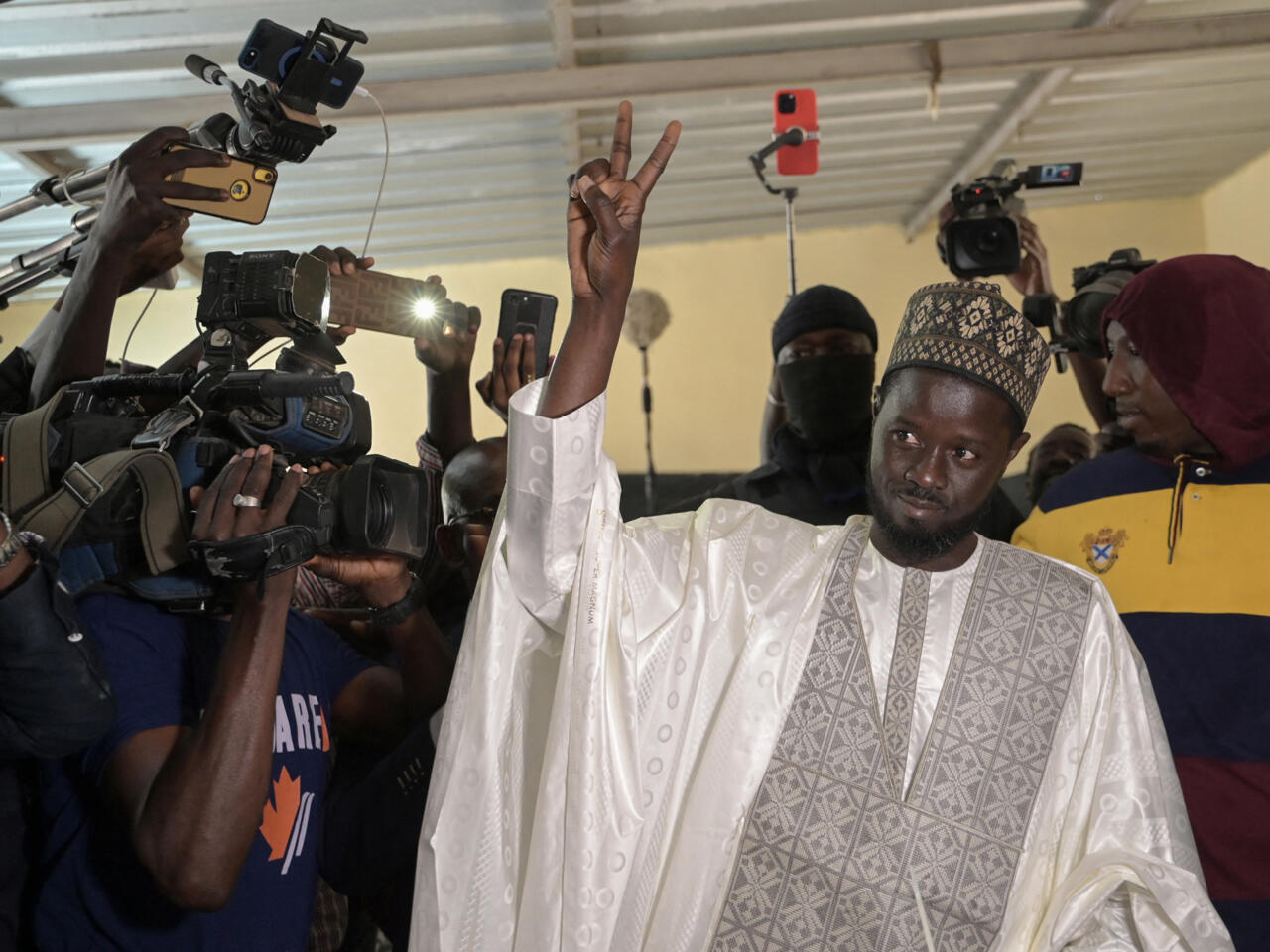Senegal: fsf presidential hopefuls face off in first televised debate ahead of crucial vote

With the Senegalese Football Federation’s (FSF) elective General Assembly set for August 2, 2025, the race for the presidency entered a decisive phase as leading candidates faced off in a televised debate broadcast by RTS.
The unprecedented exchange gave football stakeholders—and the public—a chance to hear directly from the contenders about their plans for reshaping Senegalese football.
All major candidates took part, except Abdoulaye Fall, president of AS Bambey, who chose to continue his regional campaign in Tambacounda. His absence became a focal point of discussion on social media, sparking debate over whether skipping the platform was a tactical gamble or a missed opportunity.
Oumar Ndiaye opened with a proposal to redistribute revenues from international competitions, pledging to channel over 22 million CFA francs per club from prize money and economic gains.
Abdou Thierry Camara outlined a more finance-driven strategy, proposing a bond-like funding model—similar to Eurobonds—secured against future player transfer revenues, aimed at strengthening clubs and their academies.
Moustapha Kamara pressed for robust support for amateur football, promising a performance-based funding system and improved administrative structures for grassroots teams. He criticised what he described as “empty promises” from rivals, urging candidates to present financially sound roadmaps.
Veteran football figure Mady Touré focused on professionalisation, calling for every club to establish training centres, the autonomy of the Professional League, and contract standards aligned with global norms.
Drawing on the Génération Foot model, he emphasised that long-term planning delivers sustainable sporting and educational outcomes.
Aliou Goloko proposed establishing a House of Refereeing named after Badara Mamaya Sène, alongside a national programme to train referees from the age of 13, aiming to build a skilled, diverse pool of officials.
Incumbent president Me Augustin Senghor defended his record, highlighting institutional reforms and national team successes, including Senegal’s Africa Cup of Nations triumph. “This is about continuity—consolidating what we’ve built and making Senegal a lasting reference in African football,” he declared.
The debate, hailed for its openness, has sharpened the contest by putting concrete proposals, not slogans, at the forefront. With a week remaining before the vote, the battle is not only about vision but about who can turn their promises into tangible results for Senegalese football.
About The Author
dailymailafric
I am an avid African news observer, and an active member of Daily Mail Africa.
I’m Passionate about staying informed on diverse topics across the continent,
I actively contribute to publishing on political, economic and cultural developments in Africa.



